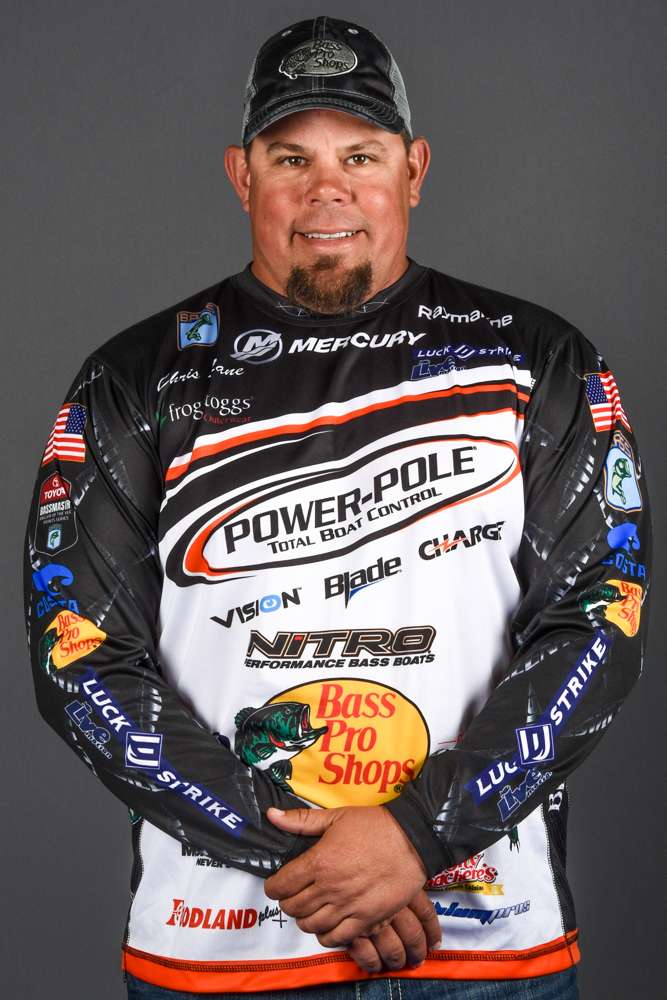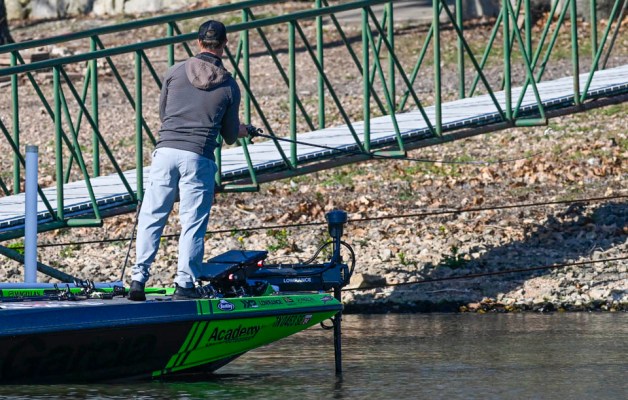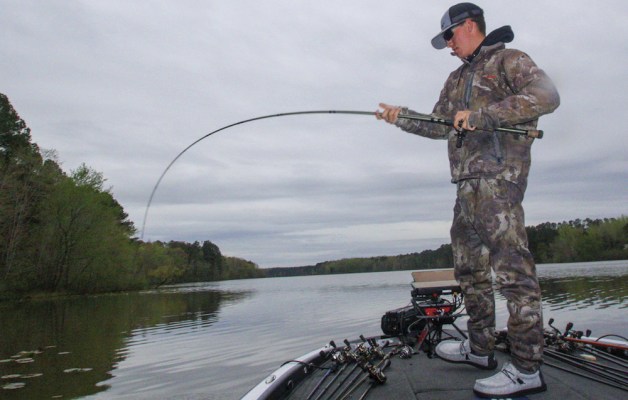I learned to bass fish in Florida. That gave me several advantages early on in my fishing development. First, and probably most important, I learned to read grass. To be fair, I had some help along the way. My father and grandfather knew a lot about grass and bass, but I also learned some of it on my own.
Grass is one of the most important forms of structure (Or is it cover? In Florida it may be both!) that exists in the world of black bass. (It’s structure in the sense that it’s attached to the bottom and it’s sort of permanent. But it’s cover in the sense that a lot of it is above the bottom and it isn’t always permanent.) Anyway, whatever you call it, it’s mighty important. All three major species thrive in it, but it’s especially important to largemouth.
In almost every lake or river we fish if you can find the right grass, and read it correctly, you can catch a pretty good sack. Bass relate to it during every season and in every kind of weather. It’s no accident that anglers like my brothers Arnie and Bobby, Shaw Grigsby and Terry Scroggins come from the state with salad bowl fisheries.
The second thing that Florida did for me was that it taught me how to look for, and handle, big fish. You don’t target limits much in Florida tournaments. Even small club events will see their share of 6 and 7 pounders. You learn real quick to go big or go home. You also learn how to get them in the boat. There are three aspects to that.
First, you’ll catch enough of them not to be overwhelmed when you hook one. If you’re used to catching 3 and 4 pounders, it’s easy to get excited when you see a 7 pounder. Florida take’s some of that out of you. There are lots of 7 pounders around and you’ll catch your share if you fish correctly down there.
Second, you learn how to get them out of the slop and wood efficiently so that they don’t wrap you and end up getting loose. That’s mostly a learned skill. Every fish, and every situation, is different. Still, you learn to think quickly and make the right decisions about how to fight big bass. It’s a matter of survival — yours.
The last thing you learn about down there is tackle. You can’t fish Florida without the right equipment, and taking care of it is a must. You won’t last long if you don’t have reels that turn, drags that work, rods that have been properly cared for and if you don’t tie your knots carefully. The bass are just too big and too strong.
It’s the same at the professional level. In the Elite Series we generally fish where the fish are pretty big, and we mostly fish at good times of the year. Even more important, you don’t win an Elite event very often with two pounders. Fishing in Florida taught me the importance of that. I didn’t have to learn it the hard way.





